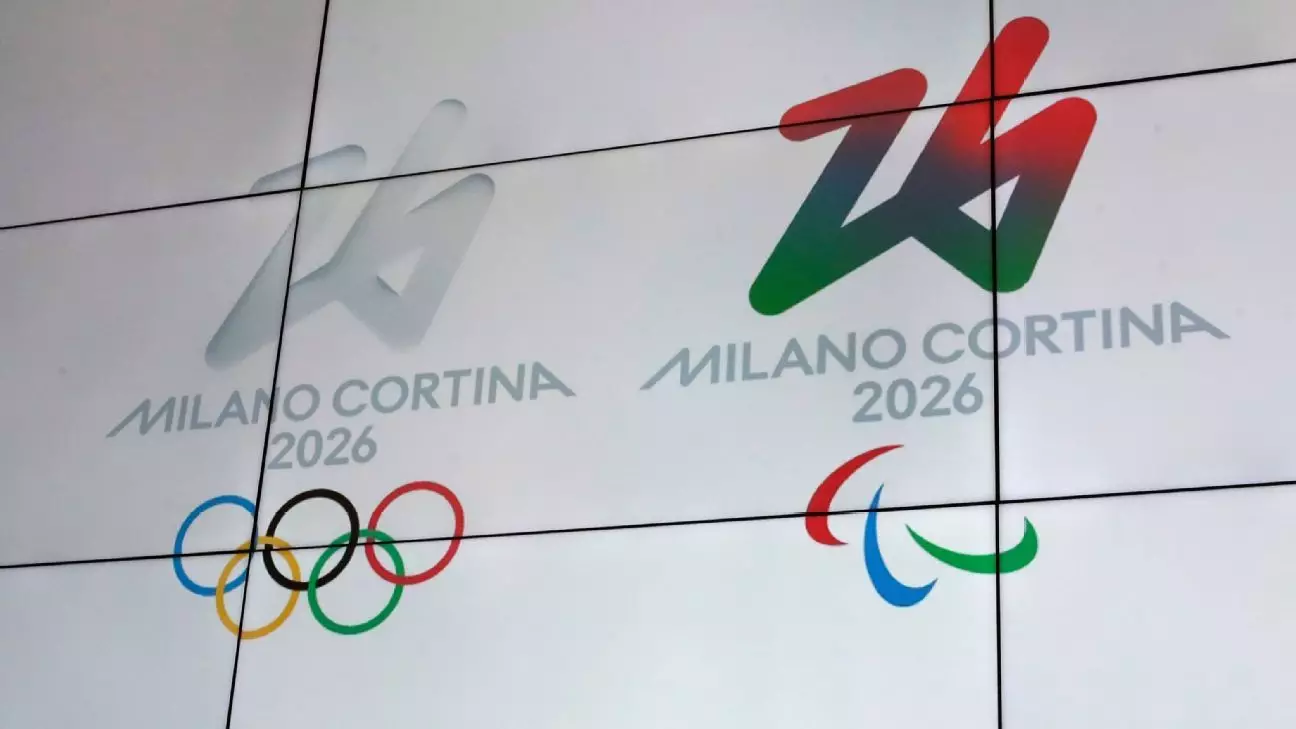After nearly a decade of absence, the NHL has finally rediscovered its connection to the Olympic realm, marking a significant turning point for international hockey. The announcement confirming NHL players’ participation in the 2026 Milan-Cortina Games is not merely a contractual milestone; it symbolizes a broader resurgence of the sport’s prestige on the world’s biggest stage. This decision reinvigorates hopes that hockey can once again be a centerpiece of international sporting diplomacy, bridging fans across continents with the shared passion for elite-level competition.
The league’s renewed involvement counters years of uncertainty, where the NHL prioritized its commercial interests and confirmed hesitations over international commitments. Now, with a formalized agreement, the league has demonstrated a willingness to put global exposure and the athletes’ legacies above short-term operational concerns. This move effectively restores the narrative that hockey is a truly global sport, capable of uniting diverse nations around a common sporting celebration.
There is a palpable sense of optimism among stakeholders, with NHL Commissioner Gary Bettman expressing enthusiasm over the league’s return to Olympic prominence. His public statements underline a strategic vision to elevate the game’s global footprint, positioning Olympic participation as an opportunity for the best players to showcase their talent beyond the NHL’s traditional borders. Such exposure not only benefits the sport’s brand but also attracts a new generation of international fans eager for the most elite competition.
Strategic Collaboration and the Power of International Partnerships
The successful conclusion of negotiations underscores the importance of collaboration among key organizations—NHL, NHLPA, IIHF, and IOC—that serve as custodians of hockey’s global integrity. Their consensus reflects a shared understanding that the Olympic stage offers unmatched prestige and visibility, essential for nurturing growth in emerging markets and sustaining the sport’s relevance against other global sports entities.
This collective effort exemplifies how strategic partnerships can transcend national interests, forging a unified front that prioritizes the sport’s global development. The agreement also hints at a long-term vision, with commitments extending into subsequent Olympic cycles, notably 2030. This continuity signals a deliberate push to embed hockey into the Olympic fabric, creating a legacy that transcends the immediate excitement of the 2026 Games.
Meanwhile, the initial unveiling of the rosters last month generated buzz and anticipation, igniting hope that the tournament will feature a “best-on-best” showcase—an ideal scenario for fans craving high-caliber, memorable hockey moments. The tournament’s schedule, running from February 11 to 22, will provide ample opportunity for players and nations to compete at an elite level, elevating the tournament’s status and impact.
The Global Implications for Hockey’s Future
This breakthrough in Olympic participation underscores a pivotal moment for the sport, illustrating that hockey’s future hinges on strategic international engagement. While the current agreement is a victory, it also signifies a challenge—how to sustain momentum and ensure the sport remains relevant within the complex web of global sports politics.
The involvement of multiple stakeholders and their collective enthusiasm signals a promising future where international tournaments could rival or even surpass the NHL’s regular season in cultural importance. For hockey to truly capitalize on this momentum, organizations must invest in nurturing emerging markets and promoting the sport’s compelling narrative beyond traditional strongholds like North America and Europe.
In essence, the NHL’s reintegration into the Olympic fold is more than just a contractual revival; it’s a bold statement that hockey seeks its rightful place as a global sport with universal appeal. The 2026 Games may well serve as a catalyst—a moment where the sport’s narrative is rewritten, filling arenas and screens worldwide with awe-inspiring moments and unforgettable memories.

